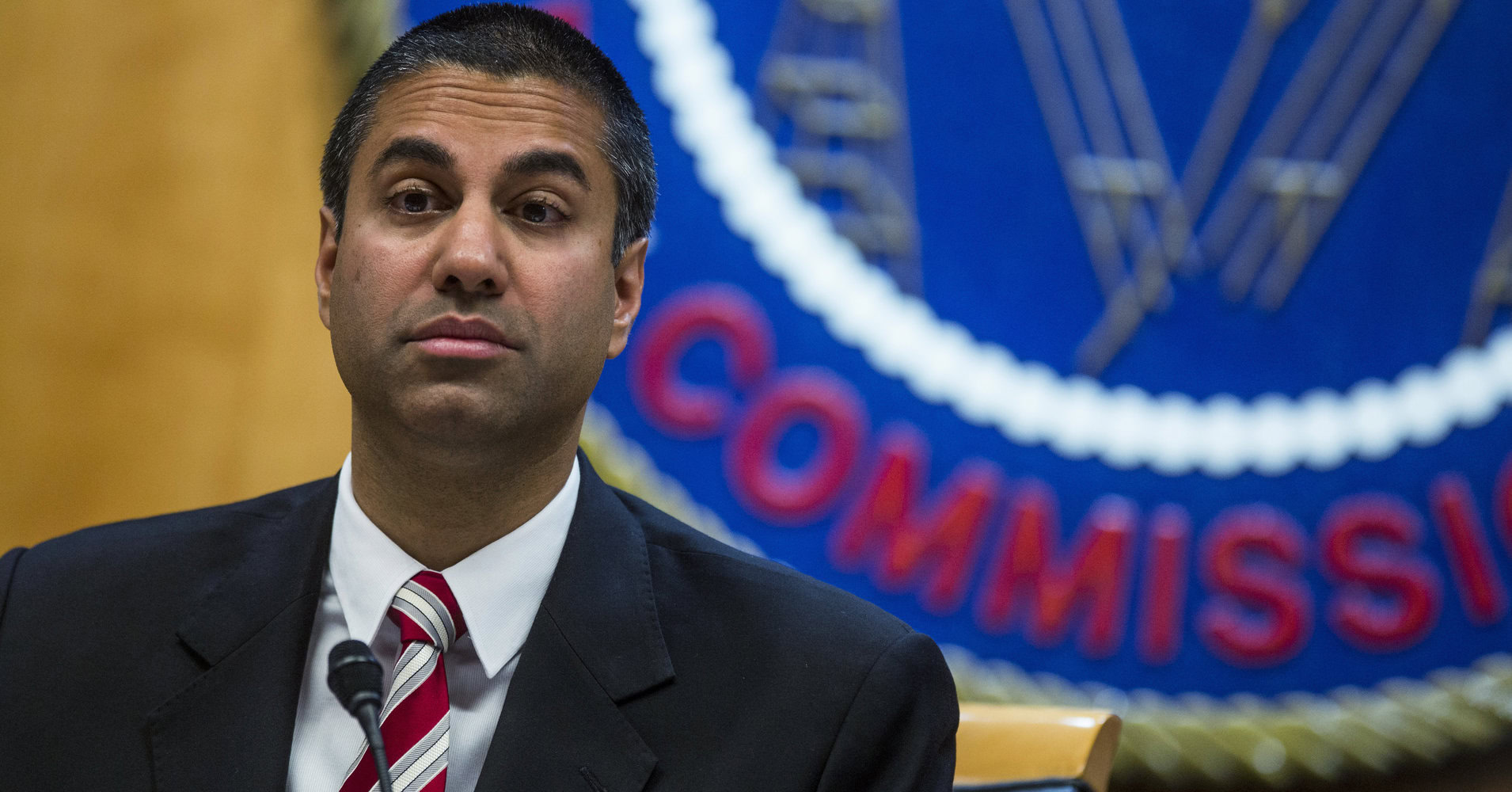Affiliate links on Android Authority may earn us a commission. Learn more.
You can partially blame T-Mobile for the FCC's changes regarding smaller ISPs
Published onJanuary 12, 2018

- The FCC is considering making some rule changes that would make it more difficult for smaller ISPs to compete against the larger ones.
- The rule changes revolve around the CBRS spectrum.
- T-Mobile and the CTIA pushed the FCC to consider making those changes
It’s a contentious time for the internet. The Federal Communications Commission recently did away with net neutrality, undoing the classification of internet service providers (ISPs) as Title II common carriers.
Unfortunately, the FCC isn’t stopping there. The federal agency is looking into changing a rule that governs how it gives out licenses for wireless spectrum, reports Motherboard.
The rules in question revolve around the Citizens Broadband Radio Service (CBRS), a chunk of spectrum initially designed for Navy radar but put up for auction. At the time, Big Telecom cell phone service providers were preferred, since smaller companies could not afford the divided pieces of spectrum that ended up in the hands of larger companies.
The CBRS spectrum is highly sought-after because it allows local ISPs to more easily reach remote customers, or areas where internet might be harder to get. Unlike 5 Ghz spectrum, CBRS doesn’t need a clear line of sight between your home and a tower.

In 2015 the FCC decided the CBRS spectrum should be divided up in a way that gave smaller companies greater opportunity to use those chunks.
The rule change the FCC is now considering would not only make it easier for larger companies to buy licenses at lower costs, but harder for smaller companies to compete by pricing them out of competition.
As for why the FCC is considering this change, blame T-Mobile and the CTIA, which “ask[ed] the Commission to reexamine several of the […] licensing rules.”
The FCC is also considering other changes to make it more difficult for smaller ISPs to even join the auction by increasing the number of years of licensed spectrum from three to 10, among other things.
As Motherboard points out, passing these rule changes would make it much more difficult to expand rural internet coverage.
This is a developing story, so we will be sure to update it as we receive more information.